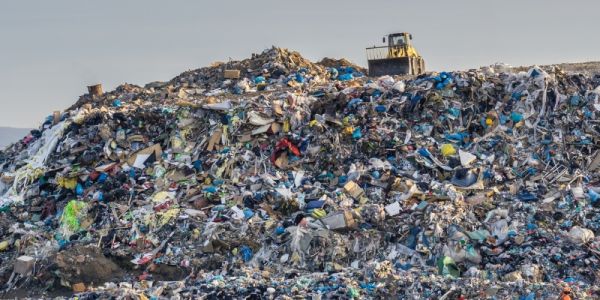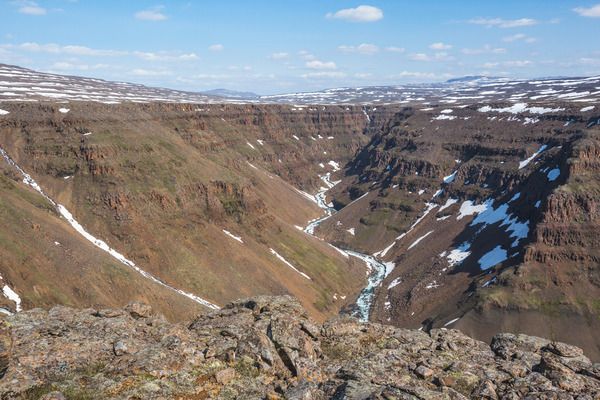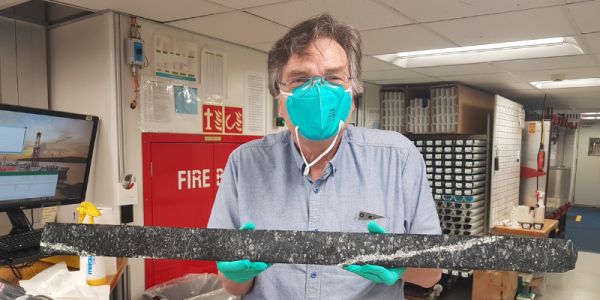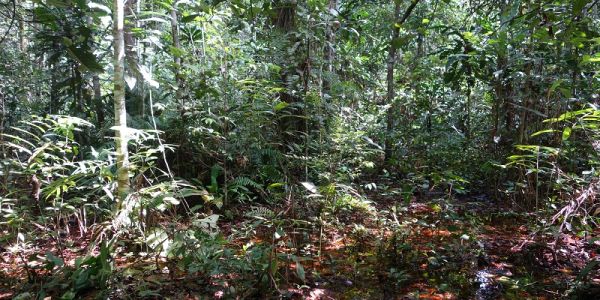
Leeds moves up world university rankings
The University of Leeds is ranked 123rd in the new Times Higher Education World University Rankings, moving up six places from last year and securing its highest position for more than a decade.

The University of Leeds is ranked 123rd in the new Times Higher Education World University Rankings, moving up six places from last year and securing its highest position for more than a decade.

A new study from the University shines a light on the enormous scale of uncollected rubbish and open burning of plastic waste in the first ever global plastics pollution inventory.

A £38m centre dedicated to developing acceptable and planet-friendly alternatives to animal proteins is to be headed up by the University of Leeds.

The global concentrations of one of the main air pollutants known to affect human health have been graphically illustrated for the first time by a team of scientists.

Leeds alumni connected in Abuja, Nigeria, at a fully booked reunion event.

Catastrophic volcanic eruptions that warmed the planet millions of years ago shed new light on how plants regulate climate and sound a warning about rising temperatures.

Scientists from the University of Leeds have helped to recover the first long section of rocks that originated in the Earth’s mantle, the layer below the crust and the planet’s largest component.

Two of Leeds' most promising research leaders have earned national fellowships to advance their work aimed at tackling global challenges.

The world’s forests have absorbed more than 100 billion tonnes of carbon dioxide over the past three decades, but they need more protection, according to a new study.

Professor Shearer West CBE has been appointed as the Vice-Chancellor and President of the University of Leeds, taking up the role from 1 November 2024.